With support from the Irish Embassy in Vietnam, the workshop was held during Hanoi Pride Week – an annual event celebrating love, diversity, and inclusion.
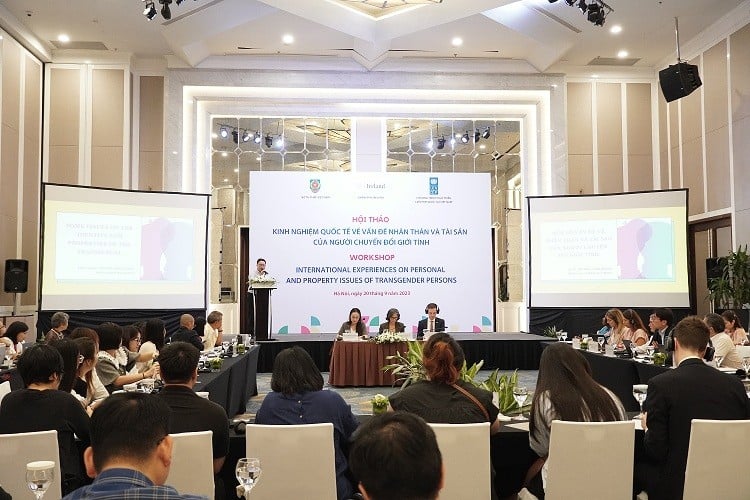 |
| A view of the workshop. (Source: UNDP in Vietnam) |
The positive and vibrant spirit of the week inspired constructive dialogue, contributing to the shaping of Vietnam's first Gender Transition Law.
Transgender individuals face numerous obstacles due to discrepancies between their official identification documents and their actual gender identity. Consequently, their access to healthcare, housing, employment opportunities, education , and other rights and services is hampered by the inability to legally change their gender on paper.
In her opening remarks, Ms. Ramla Khalidi, UNDP Resident Representative in Vietnam, emphasized the significance of the Universal Declaration of Human Rights, which recognizes the dignity and equal rights of all individuals, including transgender people.
Ms. Ramla Khalidi emphasized: “The principle of non-discrimination enshrined in international human rights treaties such as the International Covenant on Civil and Political Rights (ICCPR) and the International Covenant on Economic, Social and Cultural Rights (ICESCR), both ratified by Vietnam in 1982, is crucial for protecting the rights of transgender people.”
Achieving the Sustainable Development Goals (SDGs) will be impossible without the inclusion of transgender people, in line with the core principle of the 2023 Agenda: Leaving no one behind.”
Ms. Le Thi Hoang Thanh, Deputy Director of the Department of Civil and Economic Law, Ministry of Justice, stated: “Transgender individuals have needs to resolve issues related to personal identity and property. To address these issues, consulting and researching international legal experiences is absolutely essential.”
"By drawing on international experience; combining the institutionalization of the Party and State's policies and guidelines; and studying the specific cultural, social, and economic conditions of Vietnam, we have developed regulations to ensure the legitimate rights and interests of transgender people."
At the workshop, National Assembly representative Nguyen Anh Tri, who drafted the Law on Gender Transition, presented on the current state of gender transition in Vietnam and issues requiring reference to international experience.
Specifically, this includes experiences regarding the application of laws concerning transgender individuals in other countries; the age requirements stipulated in the law; medical interventions; regulations concerning marital status in the implementation of medical interventions or in the procedure for recognizing the gender of transgender individuals; certain legal issues arising after medical interventions for gender transition; administrative procedures in recognizing gender transition; and the competent authority for confirming/recognizing the gender of transgender individuals.
The experiences and insights from Japan, Pakistan, and Ireland regarding the journey towards legal recognition and social acceptance of transgender people, focusing on the areas of identity and property, were shared by representatives from the three countries at the workshop.
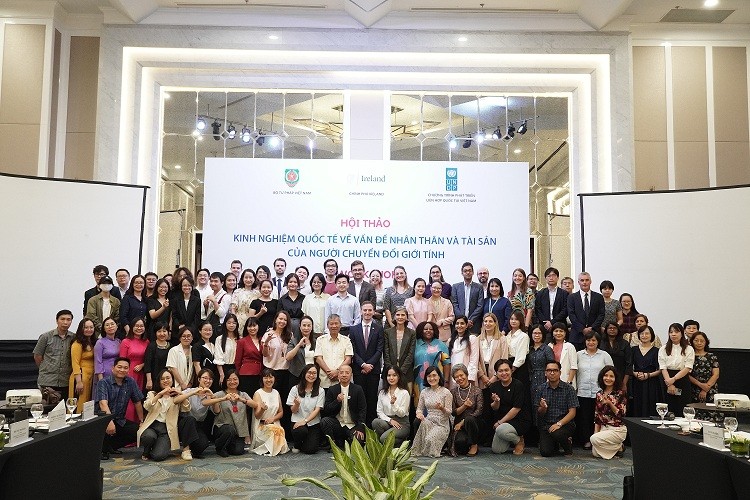 |
| Participants at the workshop pose for a commemorative photo. (Source: UNDP in Vietnam) |
Conor Finn, Deputy Ambassador of the Irish Embassy in Vietnam, said that Ireland has come a long way in this area in just a few years and has brought about significant improvements in the legal protection of transgender people.
He affirmed: "Ireland and Vietnam have a close and valuable friendship, and we are very happy to participate and share our experiences in this workshop." He expressed his belief that Vietnam's draft law on gender transition is a real opportunity to expand legal protection for the transgender community.
Source


![[Photo] Prime Minister Pham Minh Chinh holds a phone call with the CEO of Russia's Rosatom Corporation.](/_next/image?url=https%3A%2F%2Fvphoto.vietnam.vn%2Fthumb%2F1200x675%2Fvietnam%2Fresource%2FIMAGE%2F2025%2F12%2F11%2F1765464552365_dsc-5295-jpg.webp&w=3840&q=75)





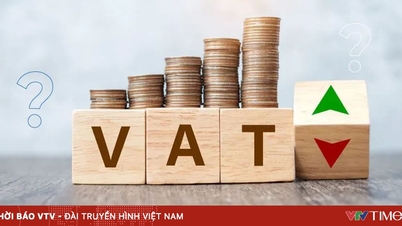

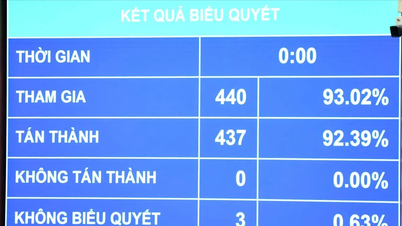

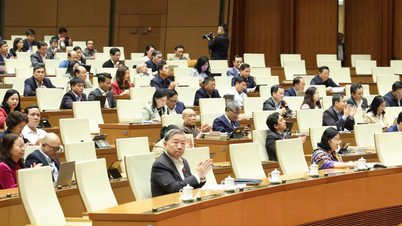
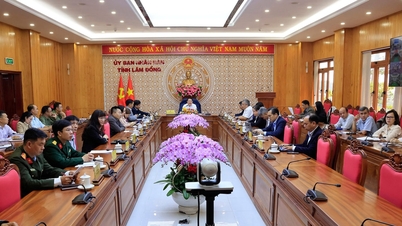

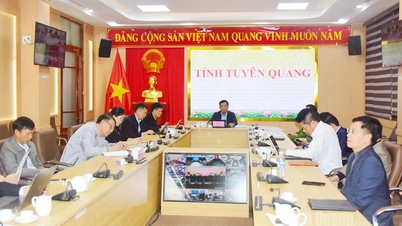

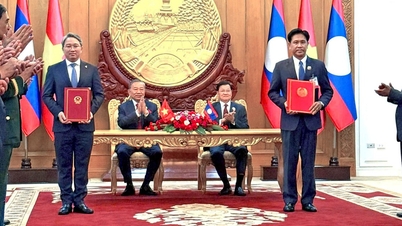

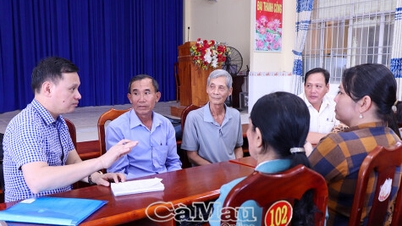



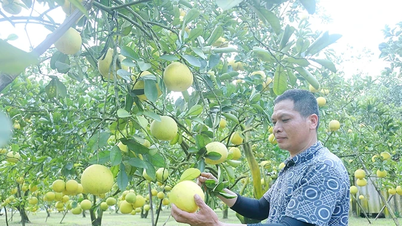

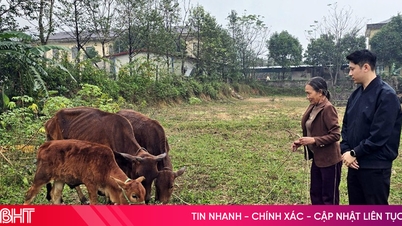

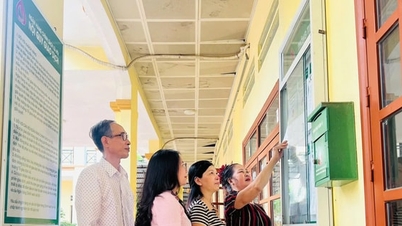

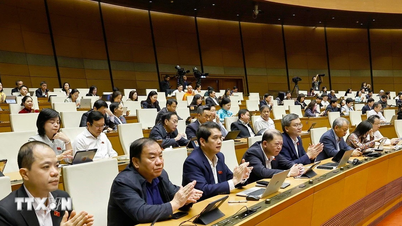





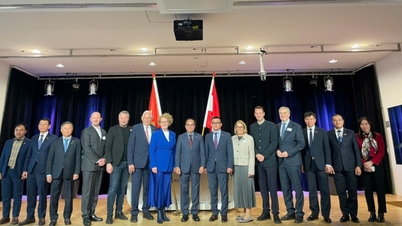
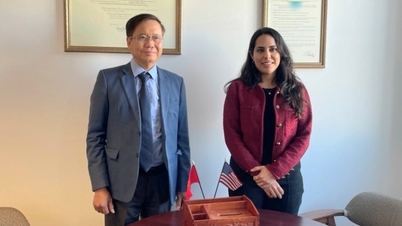

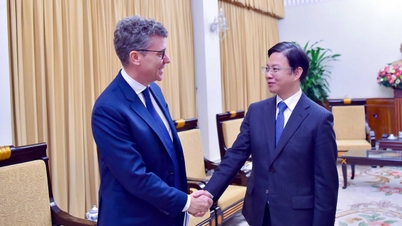
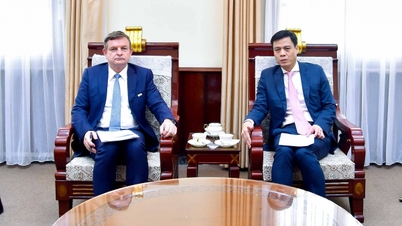
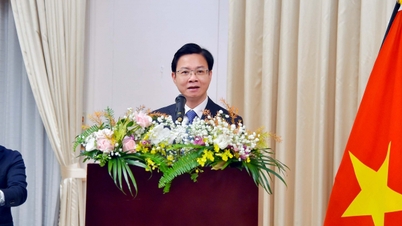






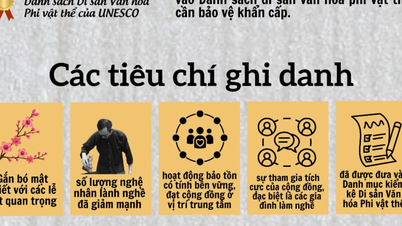











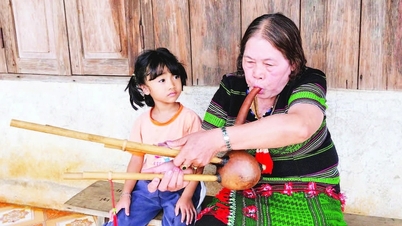






















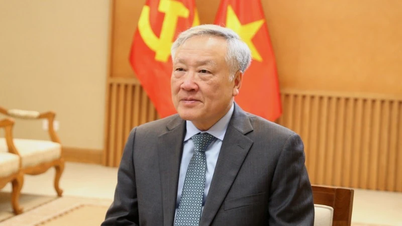




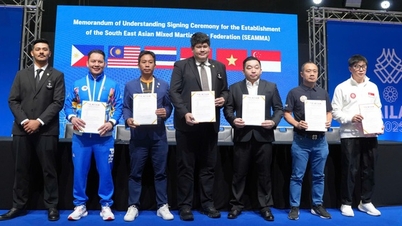

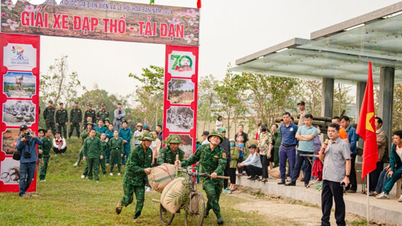






















Comment (0)